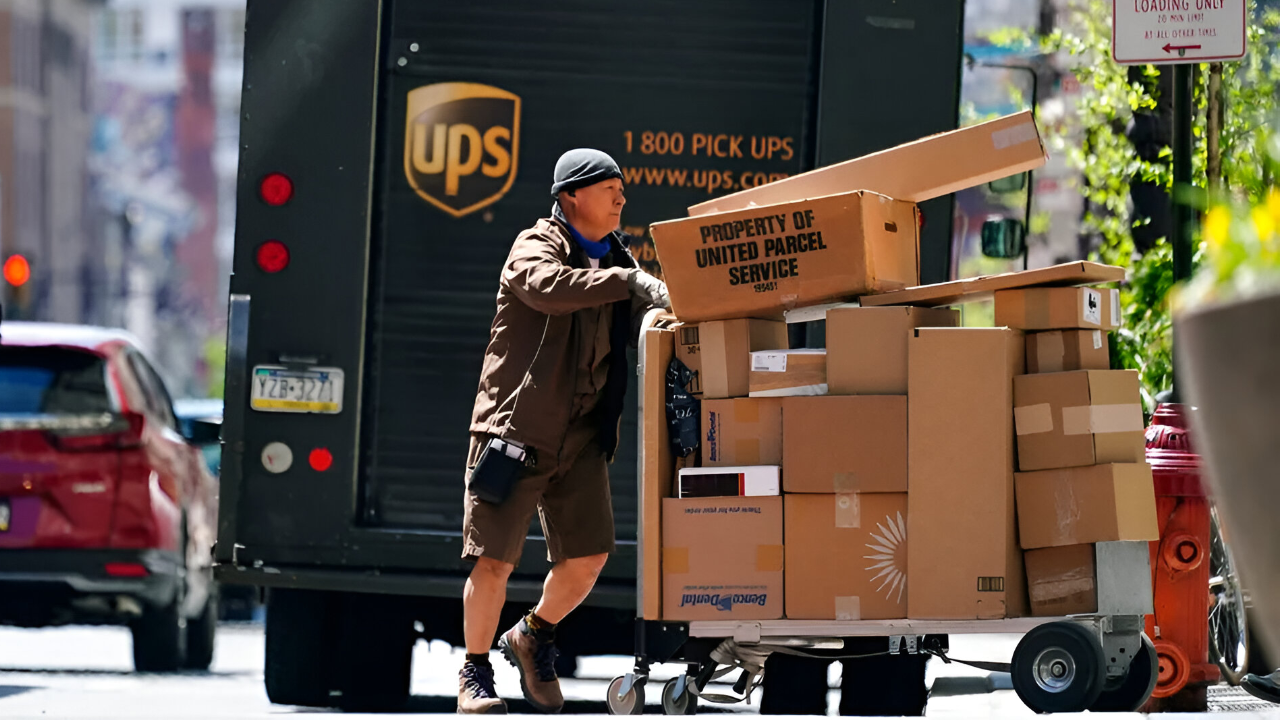
The U.S. holiday shipping season has been thrown into turmoil as UPS began disposing of hundreds of thousands of Americans’ packages flagged at customs, according to NBC News and BBC News.
This logistical shock has forced families, retailers, and international sellers to brace for losses, delays, and confusion, with customer anger rising nationwide. The impact is rippling far beyond simple missed deliveries.
What’s Behind the Chaos?
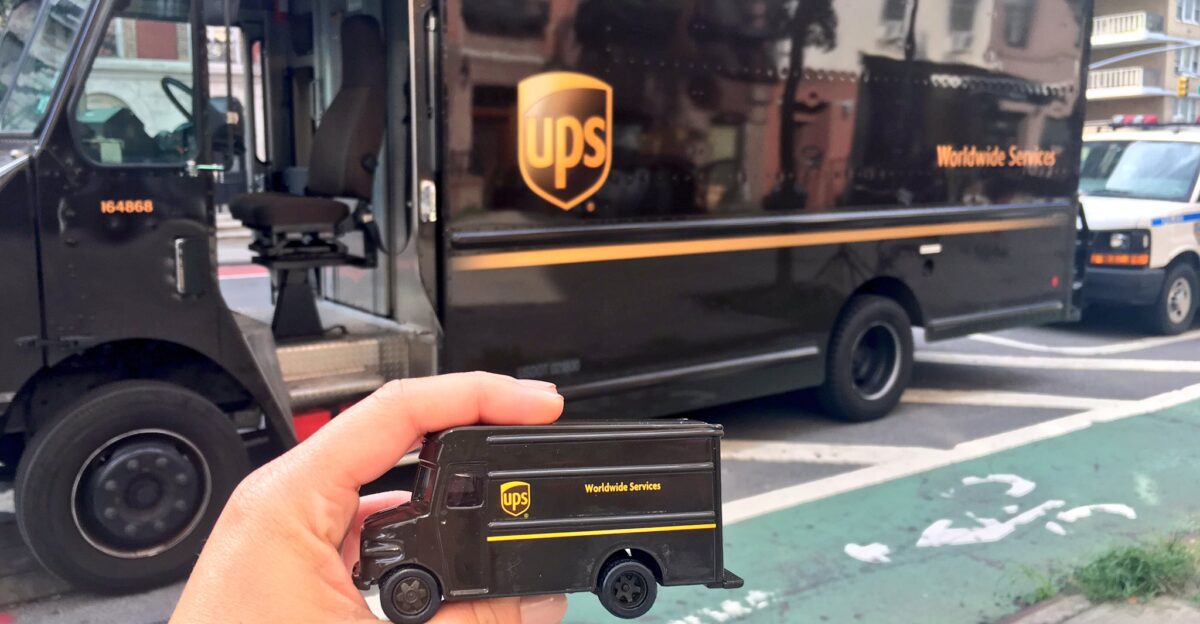
This crisis began in late August 2025, when new federal rules removed the $800 tariff exemption on imports, requiring nearly all packages entering the U.S. to clear more rigorous customs checkpoints.
UPS and industry experts say the sudden paperwork burden caused jams at shipping hubs, overwhelming systems that previously operated smoothly for millions of parcels daily. Regulatory pressure is the primary driver of these mass disposals.
Loss for U.S. Consumers

Thousands of Americans have reported missing gifts, personal belongings, and essential items as parcels linger in limbo or are destroyed.
In Philadelphia, graduate student Nicole Lobo waited weeks for ten boxes shipped from the UK, fearing they’d be incinerated after customs flagged them.
Customers across the country continue sharing similar loss stories, driving widespread frustration and uncertainty.
UPS Struggles to Keep Pace
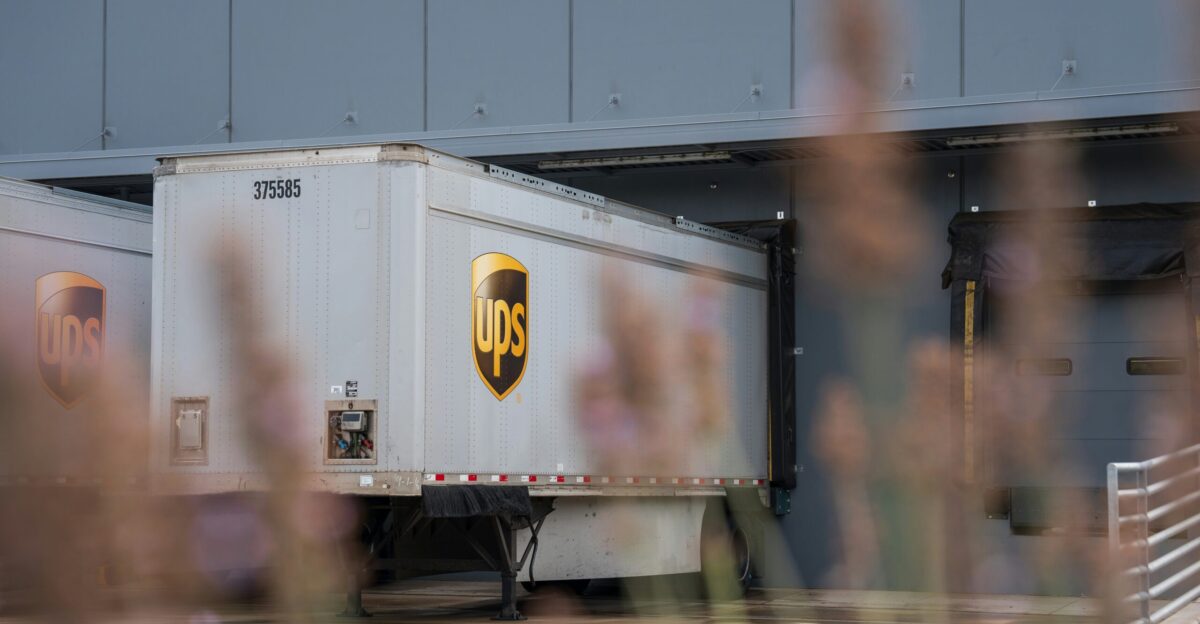
UPS acknowledges that if a package cannot clear customs after multiple attempts and the sender fails to provide the required documents, the shipment may be disposed of in accordance with federal rules.
The company reports clearing over 90% of packages daily, but states that the remaining backlog—tens of thousands per week—cannot be stored indefinitely. Affected customers often receive little warning.
Competitors Seize Opportunities

Alternative shippers, such as FedEx and DHL, are seeing increased demand as international retailers and consumers lose confidence in UPS’s ability to navigate U.S. customs.
Some firms and individuals quickly switched carriers, hoping for more transparent communication and fewer destroyed parcels during critical delivery windows. The competition is fierce this holiday season.
International Sellers Rethink U.S. Market

Retailers overseas have been significantly impacted by these changes, with some pausing shipments to American customers. Swedish Candy Land, for instance, switched to FedEx after refunding $50,000 for lost or destroyed UPS shipments.
This adjustment has sparked global concerns, forcing foreign sellers to adapt quickly and absorb unexpected costs.
Navigating Bottlenecks

Customs brokers, such as Matthew Wasserbach in New York, describe “unprecedented” demand for assistance as they work overtime to navigate new regulations for their clients.
Brokers now regularly field desperate requests from both businesses and individuals searching for missing shipments. Their role has grown more complex and crucial in the wake of these customs changes.
Policy Debate and Lawmakers’ Response

There is growing public scrutiny and debate surrounding UPS’s decision to dispose of packages that could not clear customs under new federal import rules.
Lawmakers and consumer advocates have raised concerns about the effects on American consumers, urging federal agencies to clarify procedures and mitigate future disruptions.
However, as of mid-October 2025, no formal Congressional inquiries or hearings have been publicly confirmed by major news organizations.
Inflation and Price Hikes

The knock-on economic impact is growing as replacement costs mount for lost goods. Small businesses face rising prices for restocking, and individual consumers often pay more to reorder essentials.
Financial experts suggest that the disruptions could contribute to broader inflationary trends, particularly if shortages persist into the peak holiday months.
U.S. Retailers Adapt Inventory Strategies
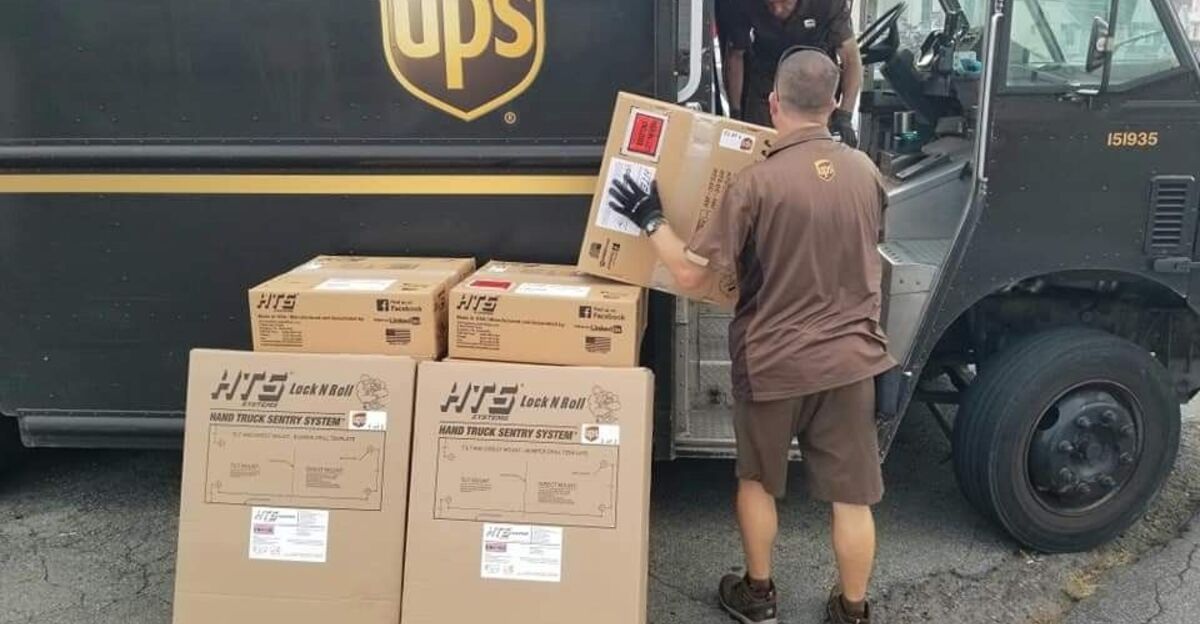
Domestic retailers, including large chains, have revised purchasing and stocking strategies to buffer against international shipping volatility.
Companies increased their domestic inventory and shifted marketing to promote U.S.-sourced goods, aiming to retain customer trust even as global shipping remains unpredictable.
The Restaurant and Hospitality Ripple

Specialty restaurants and hotels, which rely on imported items—ranging from rare teas to event supplies—have faced supply disruptions as foreign shipments are destroyed or delayed.
This forces last-minute changes to menus and promotional offerings and challenges businesses to quickly replace goods with local alternatives.
Supporting Industries Face Knock-on Effects
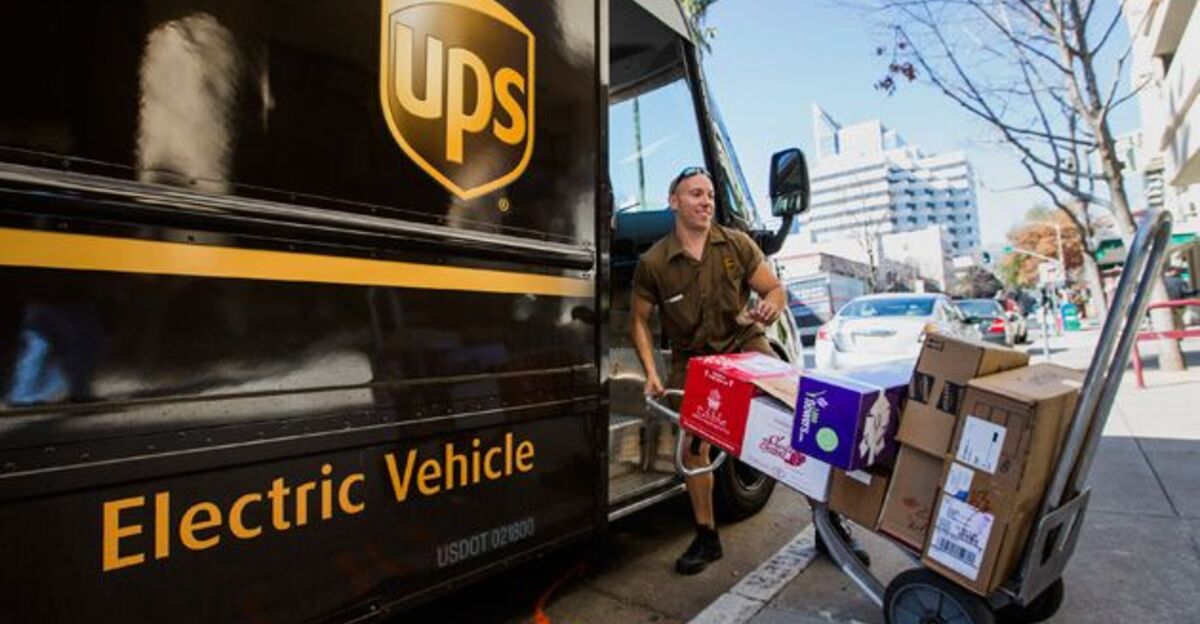
Food producers, luxury importers, and nearby industries feel the shockwaves as ingredient and component shortages caused by destroyed shipments create production headaches.
Some companies have turned to domestic alternatives, but often at higher costs and reduced variety, underscoring the far-reaching commercial impact.
International Customers and Families Feel the Strain
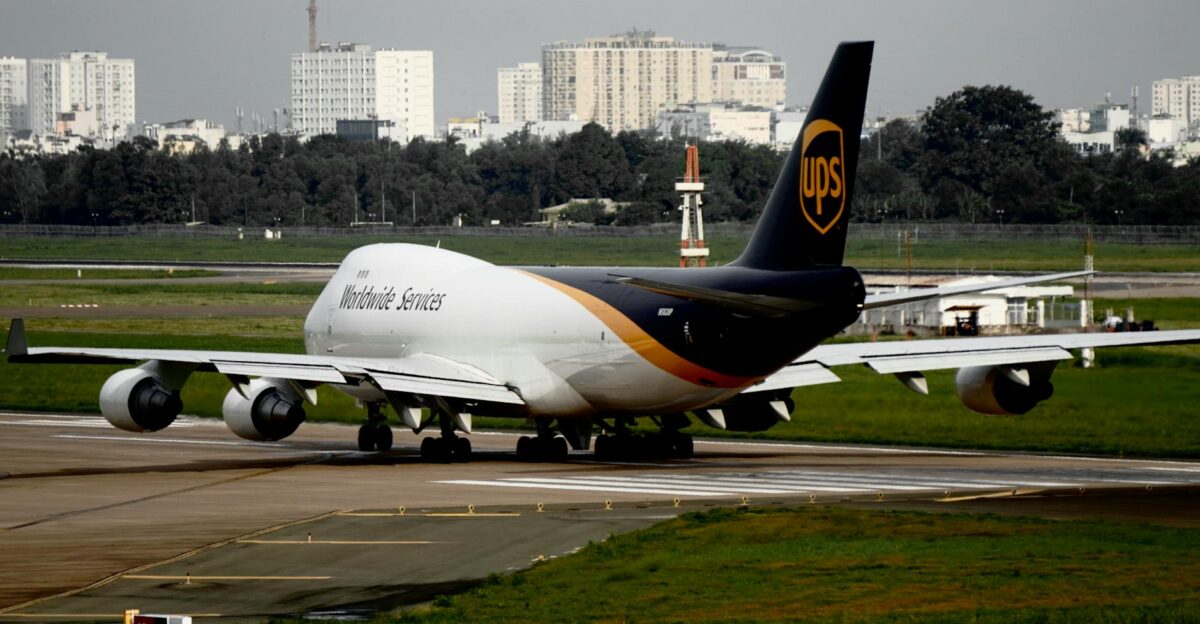
The chaos has hit families and businesses abroad who send goods and gifts to the U.S. Many remain anxious as their shipments are delayed, damaged, or destroyed.
The burden is acute for expatriates and overseas students who rely on such parcels for essentials or sentimental connections.
Lifestyle and Health Consequences

Some destroyed parcels contained essential medicines and health devices, increasing anxiety among those awaiting vital deliveries.
Families across U.S. cities have had to adjust their routines and spending to adapt, highlighting how logistics failures directly impact everyday health and wellness.
Environmental and Cultural Debates Intensify
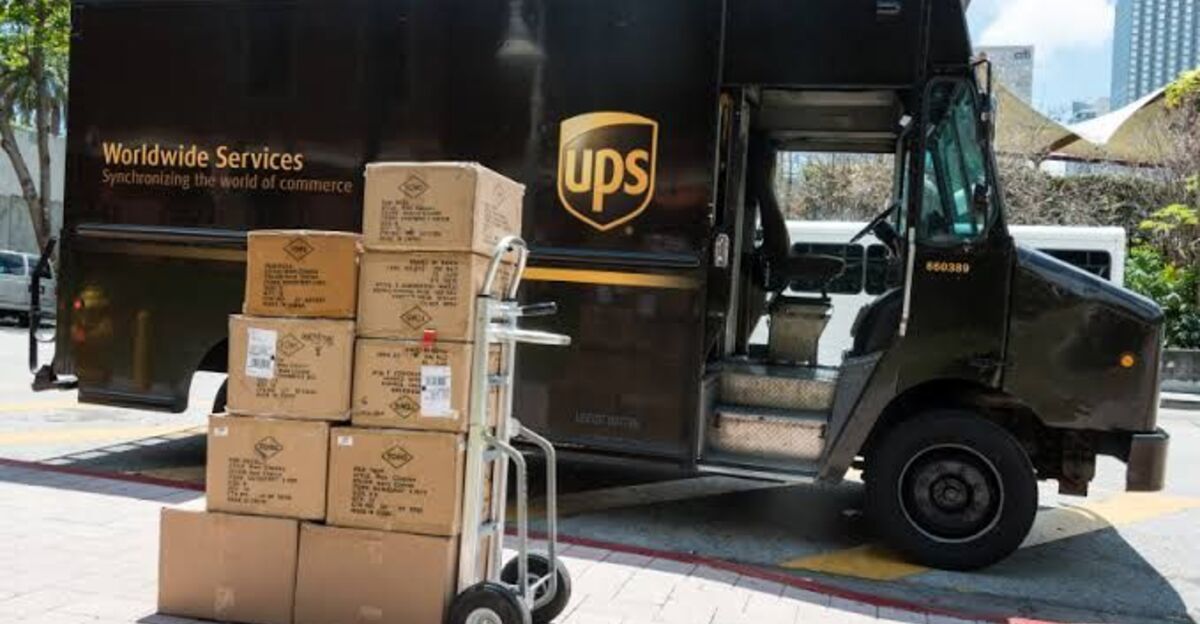
Environmentalists and cultural critics have raised alarms about the wastefulness of destroying large quantities of perfectly usable products.
While authorities stress the importance of compliance and safety, debate continues over the balance between secure borders, trade efficiency, and sustainability.
Domestic Businesses Profit Amid Chaos

Some U.S. manufacturers and retailers have benefited from import delays, as consumers forced to switch purchases look for local alternatives.
For “Buy American” brands, the disruption represents a market opportunity, though experts note this gain is unevenly distributed across industries.
Financial Market Jitters

The logistics crisis has triggered volatility in the shares of major shipping and retail companies. UPS’ stock has already seen a notable decline, while investors watch for broader economic tremors that could extend into other transportation and consumer sectors. Market watchers remain vigilant for further shocks.
Reducing Shipping Risk

Experts recommend ordering holiday gifts as early as possible, thoroughly verifying shipping documentation, and, whenever possible, choosing U.S.-based sellers or carriers with a proven track record of experience with customs.
Staying informed about changing regulations and tracking updates can help mitigate the risk of lost or destroyed packages this season.
Will This Crisis End Soon?
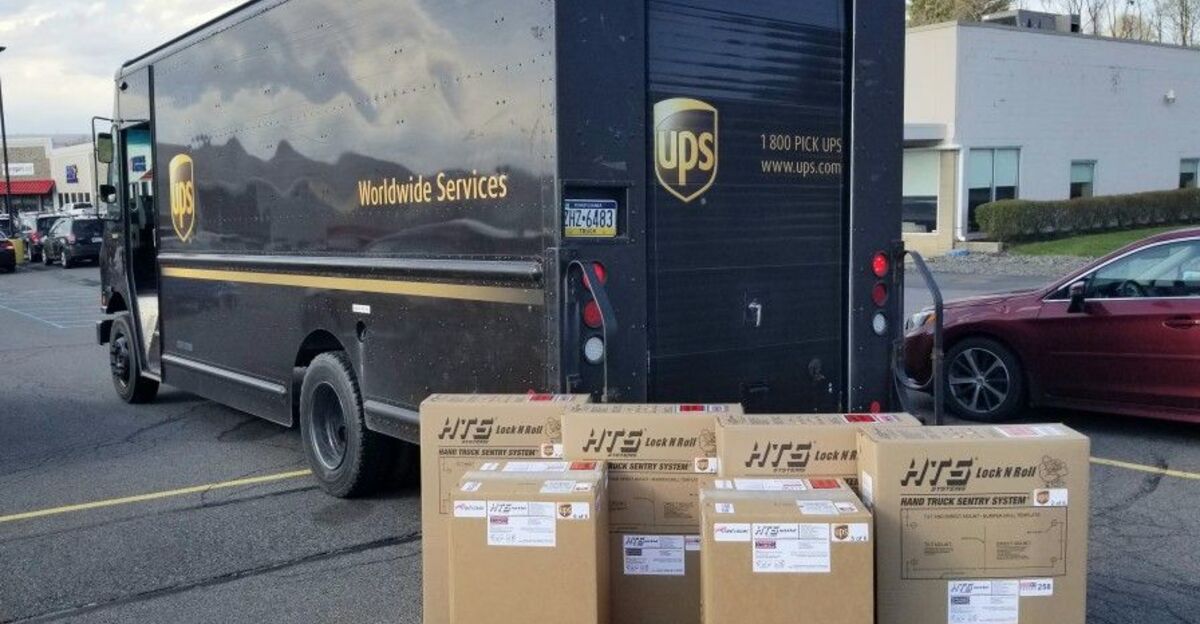
Looking ahead, customs agencies and shipping firms are exploring temporary reforms and more explicit guidance as pressure mounts to restore confidence before the end of the year.
The situation remains fluid, with progress contingent upon effective policy adjustments and ongoing collaboration between the government and industry.
Lessons and Lasting Effects
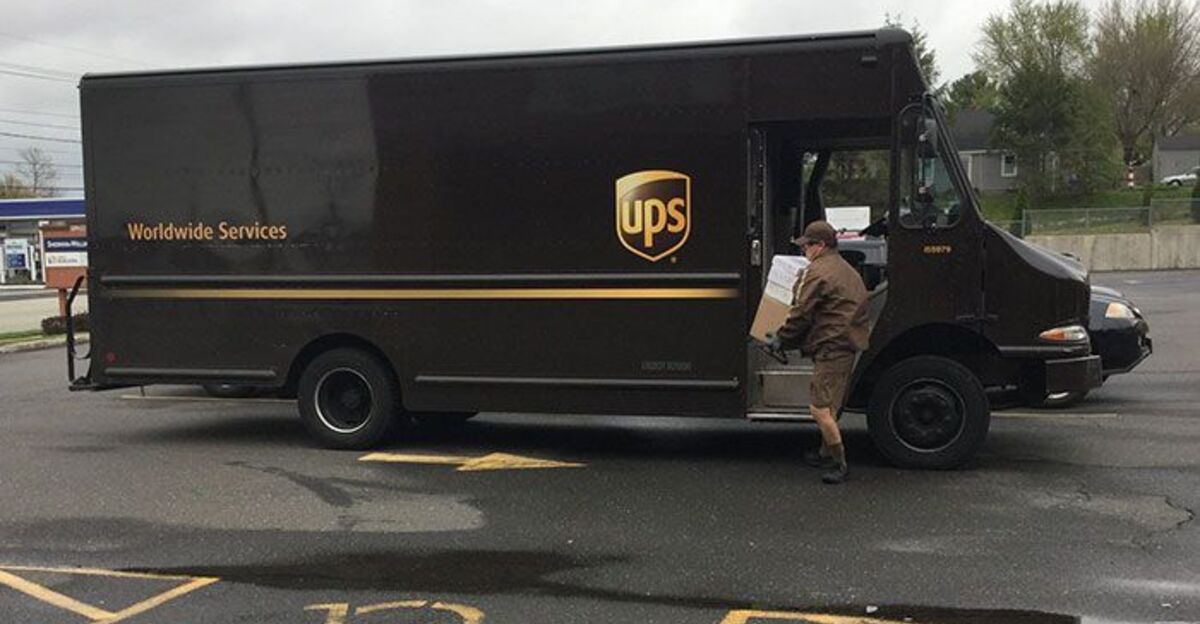
The mass destruction of packages by UPS this holiday season highlights how shifts in regulation can lead to wide-ranging disruptions, affecting commerce, families, and culture.
As the peak shipping period continues, all eyes are on policymakers, businesses, and consumers to find lasting solutions and adapt to new trade realities.